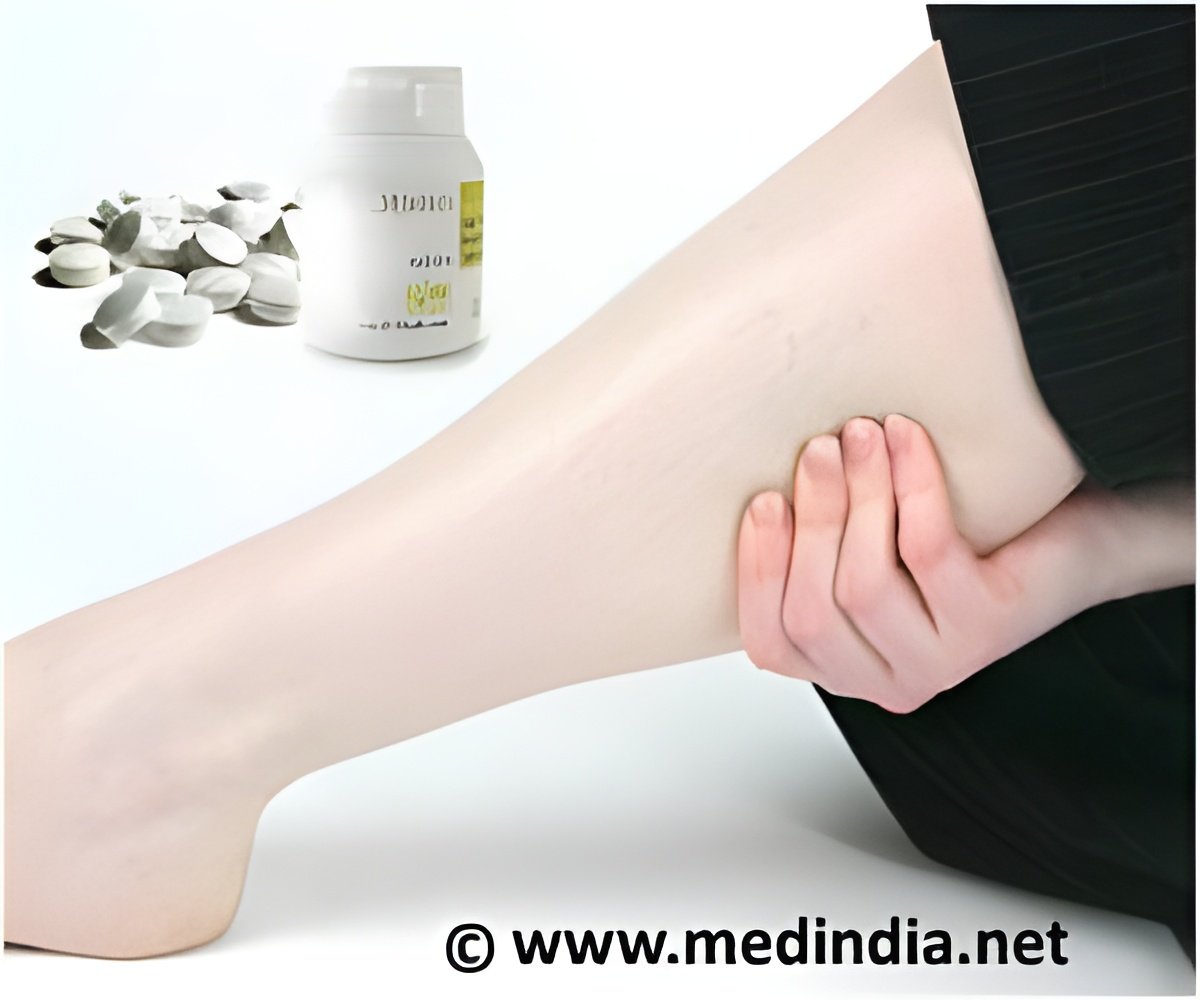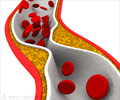Statins, are a class of drugs used to lower cholesterol and a study shows commonly occurring genetic variations in a person's genes could spark a risk for statin-associated muscle injury.

Nearly 3-million Canadians are currently taking a statin. However, according to Dr. Kim, who is a physician at London Health Sciences Centre (LHSC) and holds the Wolfe Medical Research Chair in Pharmacogenomics at Western University, little is known about the blood levels of these drugs in a real world patient population. "Currently, we do not fully understand the drug exposure necessary for optimal statin therapy, making it difficult to predict an individual's dose requirement while minimizing the risk of side effects," states Dr. Kim. In his recent study, Dr. Kim set out to quantify patient's blood levels of statins and decipher the role genes play in statin uptake and absorption.
"We found that commonly occurring genetic variations in the genes that help to clear the drugs from the body, widely referred to as drug transporters, are key predictors of patients who will likely have high statin blood levels," says Dr. Kim. "We think those patients with high levels of statins in their blood are at a much greater risk for statin-associated muscle injury."
Currently, physicians can not readily identify at risk patients using the available clinical tests. However, Dr. Kim proposes using the pharmacogenetic tests presently available, in addition to the clinical variables he and his research team have outlined in their paper, would help to better identify these patients and prevent serious side effects. "This seems to be very relevant, especially for the many elderly patients who take these medications," says Dr. Kim.
As part of their personalized medicine program, Dr. Kim plans to utilize these pharmacogenetic tests and the algorithm they have created and apply them in a hospital and region wide fashion. As well, a larger clinical trial is being planned to compare their genomics-guided approach versus standard care in terms of better outcomes, cost-effectiveness, and prevention of adverse drug reactions.
The study, "Clinical and Pharmacogenetic Predictors of Circulating Atorvastatin and Rosuvastatin Concentration in Routine Clinical Care," was published in the July issue of Circulation: Cardiovascular Genetics.
Advertisement
Source-Eurekalert












